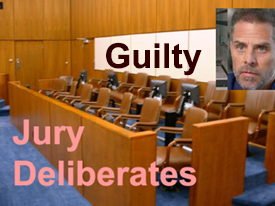All federal appeals courts that have considered the issue since Bruen now presume the Second Amendment protects an individual's right to possess a firearm unless they were in a class (or in a historically analogous class) of people that were excluded by the framers of the Second Amendment.
Although the Second Amendment excluded the mentally ill from its protections in 1791, there was no such exclusion for drug users or addicts. Also, the exclusion in 1791 didn't refer to possession of a firearm but use of a firearm. Different animals, legally speaking.
Even assuming drug users and addicts would have been excluded from protection in 1791, there's a second issue, which is the meaning of the word "user" in the statute which prohibits anyone “who is an unlawful user of or addicted to any controlled substance” from possessing a firearm that has moved in interstate commerce.
How does the law distinguish between a person presently using or presently addicted, and a former user or addict? How much time must pass between when you last got high and when you possessed a firearm to come under the user prohibition? Is it hours, days, weeks? No one knows because the term "user" is not defined in the statute.
So, did the court correctly instruct the jury on the definition of word "user", which is not defined in the statute or in the instructions on the gun form Hunter signed saying he is not a "user"? The Court's instruction is here.
The issue is even more complicated because there are two ways to argue that a law violates your constitutional right to due process: one is that the law is unconstitutional on its face, and the other is that it is unconstitutional as applied to you.
Hunter is represented by the super-skilled. veteran criminal defense lawyer Abbe Lowell. The judge denied a pretrial defense motion to dismiss the gun charge on the grounds that the statute prohibiting drug users/addicts from possessing a firearm was unconstitutional on its face as vague and arbitrary, but left open the opportunity to re-raise the issue after all the government's evidence was in, if there was a claim the law was unconstitutional as applied to him.
As to the charges he lied on the ATF form, as
the defense pointed out repeatedly, many of the questions on the ATF form were phrased "have you ever" or "have you ever been", but the question about being a user said "Are you a user".) Despite the lengthy instructions as to how to answer other questions on the form, there was no instruction about how to answer the user question.
Hunter is free on bond, but he still faces federal criminal tax charges in Los Angeles in a few months.




